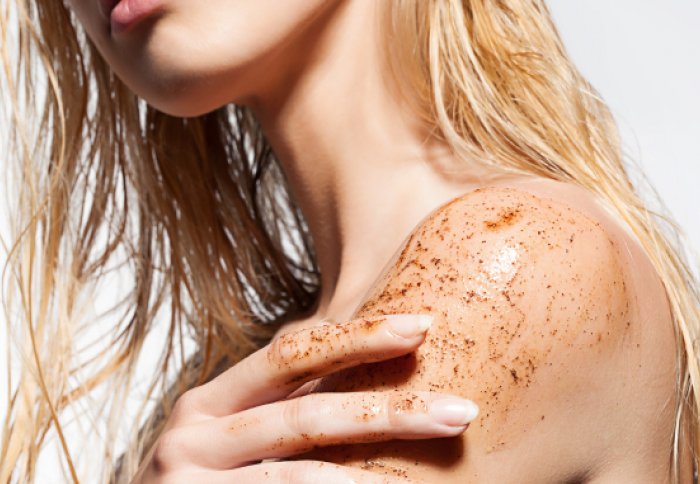Grantham Institute researcher takes a stand on plastic microbeads

Plastic microbeads from shower gels and facial washes can end up in the ocean
Grantham Lecturer Dr Erik van Sebille is giving evidence in Parliament today to support a ban on plastic microbeads in cosmetic products.
Plastic microbeads have become commonplace in everyday products such as shower gels and facial scrubs. Washed down the drain, these tiny pieces of plastic often end up in the ocean, potentially harming marine life.
The US banned the use of microplastics in cosmetic products in December last year, and the UK government has opened an inquiry to seek evidence on whether it should follow suit.
Addressing the UK Parliament’s Environmental Audit Committee today, Dr Erik van Sebille will explain that while microbeads make a very small contribution to the amount of microplastics in the ocean, a microbead ban would be an important first step towards addressing plastic pollution.
The volume of plastic pollution on coastlines and in the deep ocean around the world has become a growing cause for concern amongst the public, environmental groups and researchers. This plastic can cause harm to ecosystems and wildlife and add further stress to already vulnerable ecosystems.
Van Sebille is clear that stopping any plastic from entering the ocean in the first place is the most effective and prudent way to deal with the ocean plastic pollution problem.
“Our knowledge about plastic pollution is sufficient for us to start taking action now – and legislation is part of that action,” asserts van Sebille. “However, there is still more to learn.”
The impacts of plastic pollution depend critically on where in the ocean it is, and further work is needed to understand the global inventory of ocean plastic. Van Sebille’s own research at the Grantham Institute focuses on how ocean currents move plastics around.
“With a greater understanding of how plastic travels and where in the ocean the plastic does most harm, actions to tackle ocean plastic pollution can be targeted much more effectively. A microbead ban, however, will be a powerful signal that a concerted effort has begun.”
Find out more about plastic pollution in the ocean at the Royal Society Summer Exhibition, 4-10 July 2016. Read more
Article text (excluding photos or graphics) © Imperial College London.
Photos and graphics subject to third party copyright used with permission or © Imperial College London.
Reporter
Ms Alexandra Franklin-Cheung
Centre for Environmental Policy